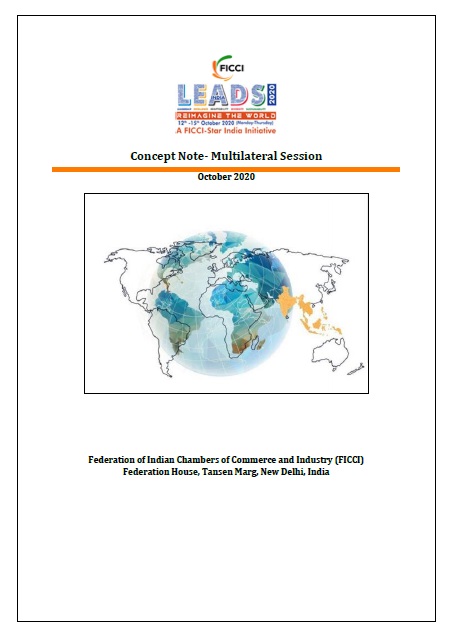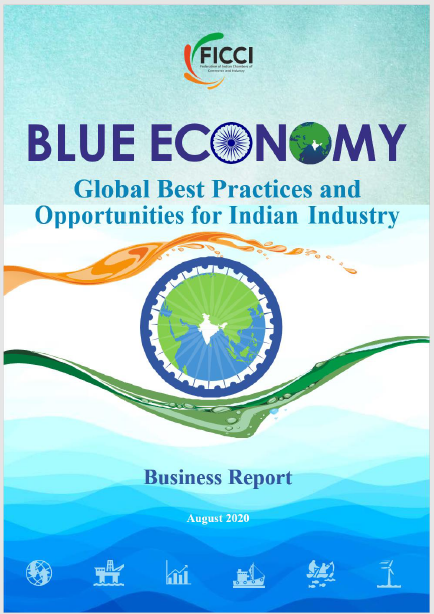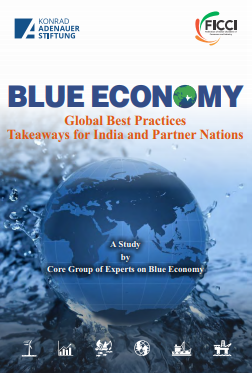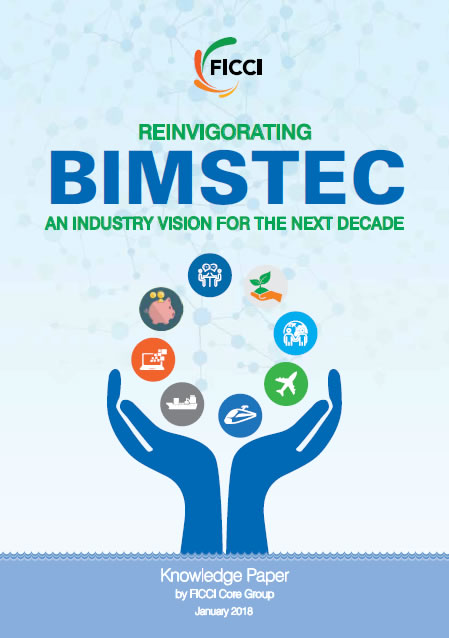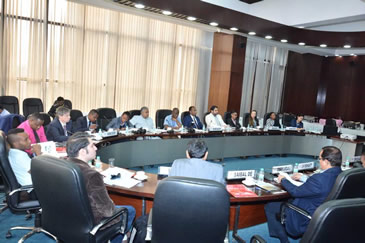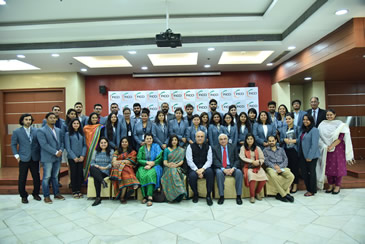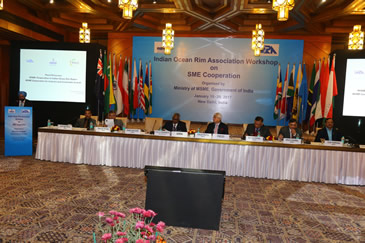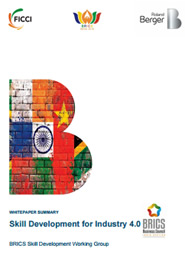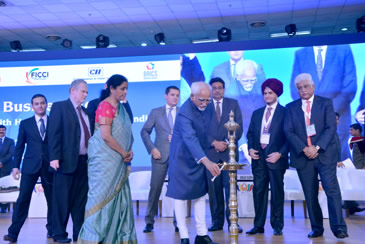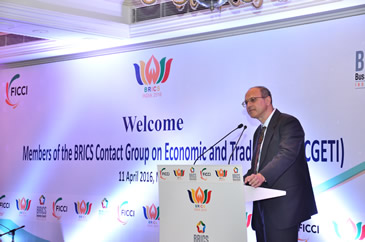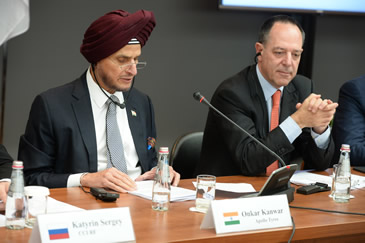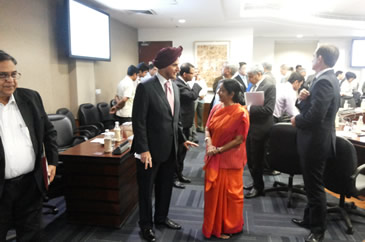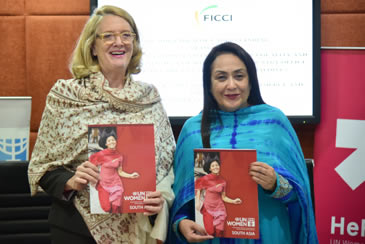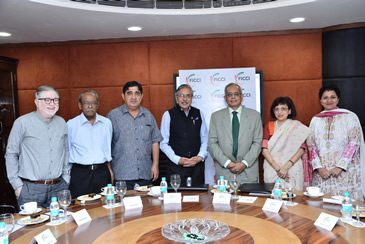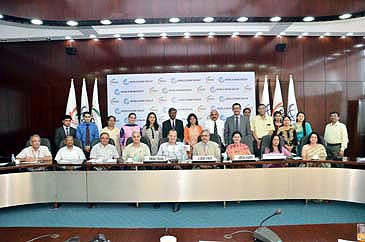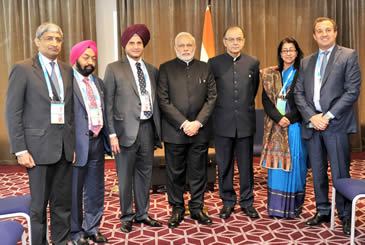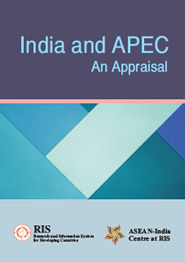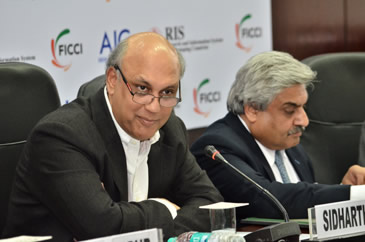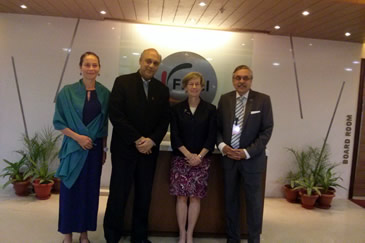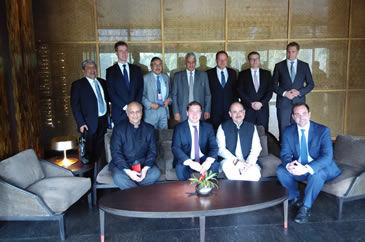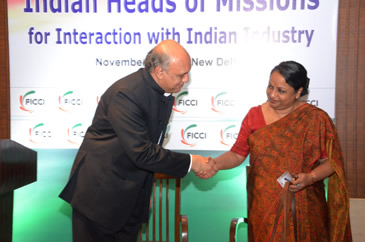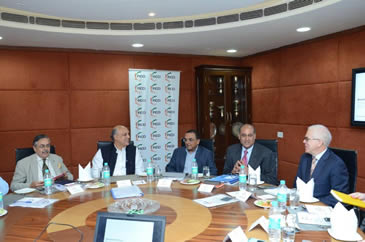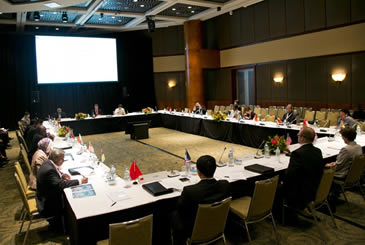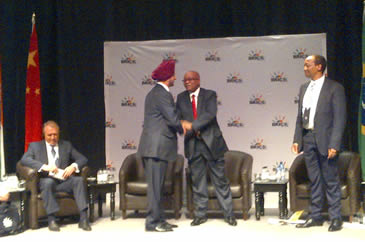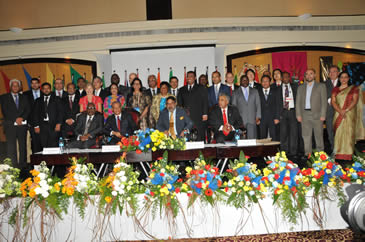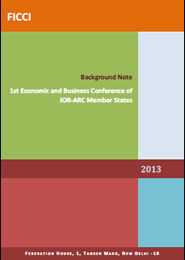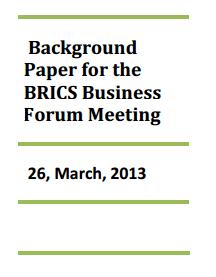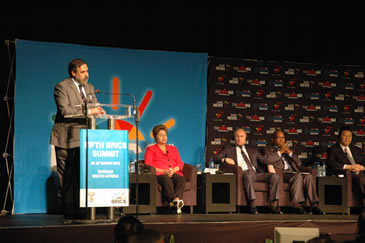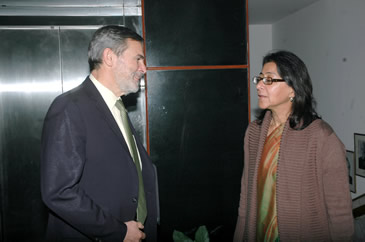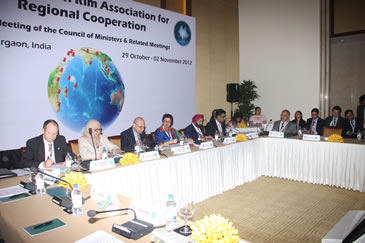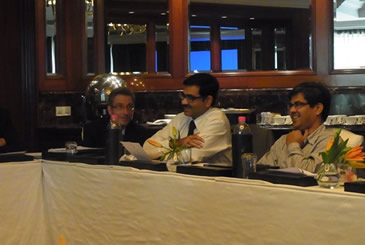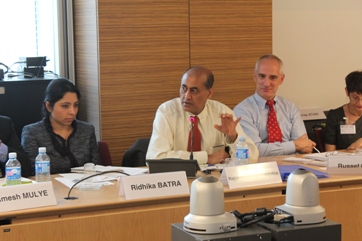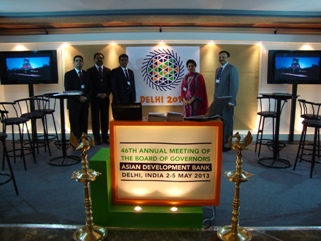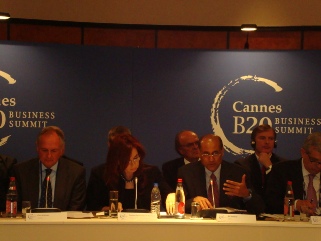- Study India’s present multilateral engagement and economic diplomacy and chart the future course in the medium and long run through industry focused initiatives
- Design a comprehensive and pragmatic vision for India’s multilateral engagement and economic diplomacy
- Engage FICCI members through various multilateral platforms for business expansion and networking, identify and promote growing business opportunities in multilateral groupings and understand concerns and critical issues that impact business decision making
- Identify policy gaps and enablers to facilitate deeper sub-regional, regional and mega-regional engagements
- Study India’s present multilateral engagement and economic diplomacy and chart the future course in the medium and long run through industry focused initiatives
- Design a comprehensive and pragmatic vision for India’s multilateral engagement and economic diplomacy
- Engage FICCI members through various multilateral platforms for business expansion and networking, identify and promote growing business opportunities in multilateral groupings and understand concerns and critical issues that impact business decision making
- Identify policy gaps and enablers to facilitate deeper sub-regional, regional and mega-regional engagements
FICCI's Engagement
Timeline
Blue Economy Taskforce 3.0 Meeting
Blue Economy Taskforce 3.0 Meeting
People-to-People link in SCO goes back centuries: Dr Rajkumar Ranjan Singh, MoS for External Affairs and Education, GoI
Blue Economy Taskforce 3.0 Meeting
Blue Economy Taskforce 3.0 Meeting
Knowledge Workshop on Blue Economy
Set-up Credit Guarantee Fund under BRICS to provide financial support to women entrepreneurs: BRICS Women's Business Alliance Annual Report 2021
NDB has the highest credit rating assigned to any multilateral bank established solely by emerging economies: Marcos Troyjo, President, NDB
Emergency use authorization in healthcare system needs to be addressed: Pankaj Patel
AADHAR, UPI, Aarogya Setu & CoWin App has been India's incredible success towards digitization in financial and healthcare sector: Himanshu Kapania
Need for stronger political security ties, defence cooperation and the Indo-Pacific strategy between EU and India: Ambassador of India to Belgium, Luxembourg, and the European Union
BRICS Business Council Launches 'BRICS Solutions for SDGs Awards 2021'
FICCI-JKLU Webinar on Policy Paper on Economic Recovery by the Centre of Policy Studies, JK Lakshmipat University
SCO aims at restoring economies of member nations: Secretary-General, SCO
SCO aims at restoring economies of member nations: Secretary-General, SCO

Webinar on Blue Economy for Prosperity in Post Pandemic World: Opportunities in Traditional Sectors and New Avenues for Financing

Virtual Road Shows on maiden regular cargo ferry service between Tuticorin, Kochi and Maldives with Indian Embassy at Male
Interactive session with Dr. Yasuyuki Sawada, Chief Economist, Asian Development Bank
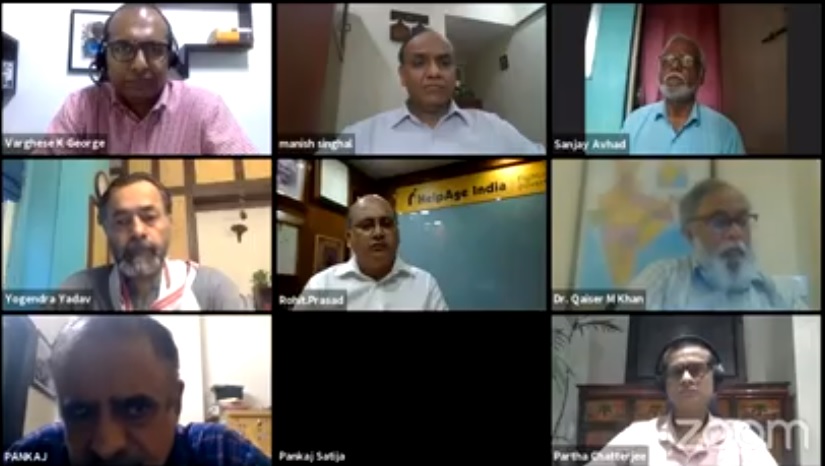
FICCI-KAS Virtual Dialogues - The New Normal Series - Dialogue VIII: Social Protection and the Impact of the Global Pandemic
Deepening Economic Collaboration between India and Sri Lanka
Optimization and Harmonization on International Employee Benefits – The New Mantra post Covid-19
FICCI-KAS Virtual Dialogues: The New Normal Series
FICCI-KAS Virtual Dialogues: The New Normal, Dialogue V - From Global to Glocal in the New Normal
No country is self-sufficient; trade will have to continue: Subhash Chandra Garg, Former Secretary (Economic Affairs)
FICCI-KAS Webinar on Geo-political & Economic Impact of Covid-19: Emerging Challenges & Opportunities and Way Forward for India
FICCI KAS Virtual Dialogues: The New Normal, Dialogue Two - The New Normal and Evolution in Gender Roles, The Gender Lens to COVID19
Special Interactive Session with Mr Changyong Rhee, Director, IMF on Economic Outlook for the Asia-Pacific Region with special reference to India
FICCI KAS Virtual Dialogues: The New Normal, Dialogue Two - The New Normal and Evolution in Gender Roles, The Gender Lens to COVID19
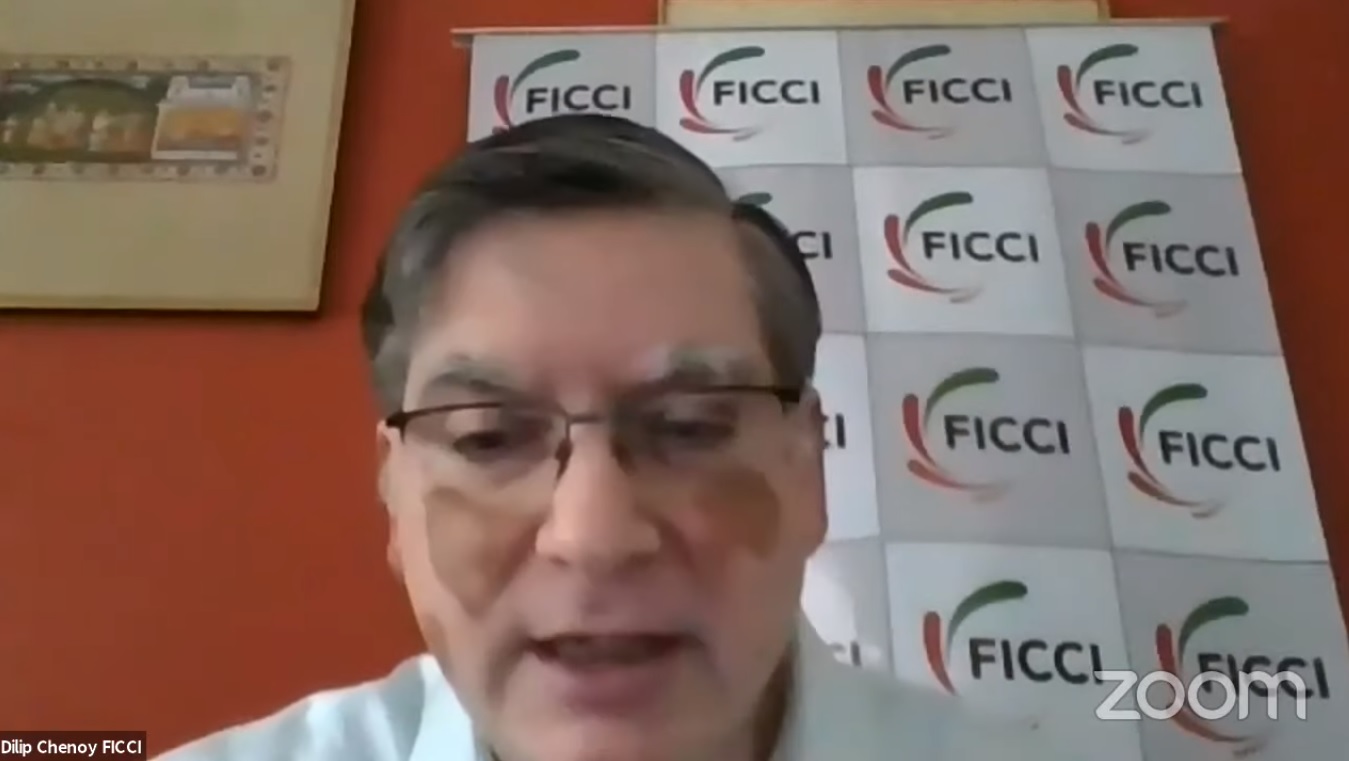
FICCI-KAS Virtual Dialogues: The New Normal Series, Dialogue One: Global Pandemic - Future of Work
Launch of Knowledge Report: Blue Economy - Global Best Practices
Ministry of 'Blue Economy' inevitable - MoS, External Affairs and Parliamentary Affairs
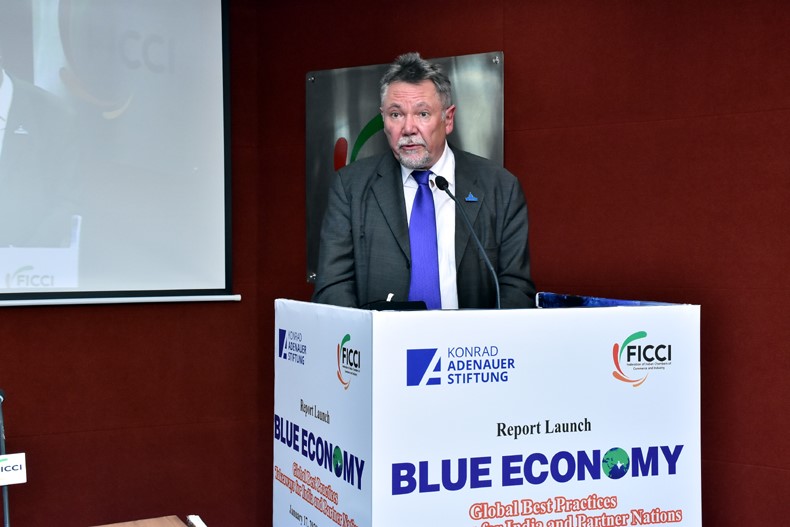
Launch of Report: Blue Economy – Global Best Practices: Takeaways for India and Partner Nations
Industry Interaction with Mr. Vladimir Norov, Secretary General, Shanghai Cooperation Organisation : Geo-Economic Strategy for Enhancing Indian Industry's Engagement with SCO
BLUECON 2019: Building Partnerships in India's Blue Economy
Policy Recommendations for a New BIMSTEC
AIIB Lead Up Event in Bhopal on Clean and Renewable Energy
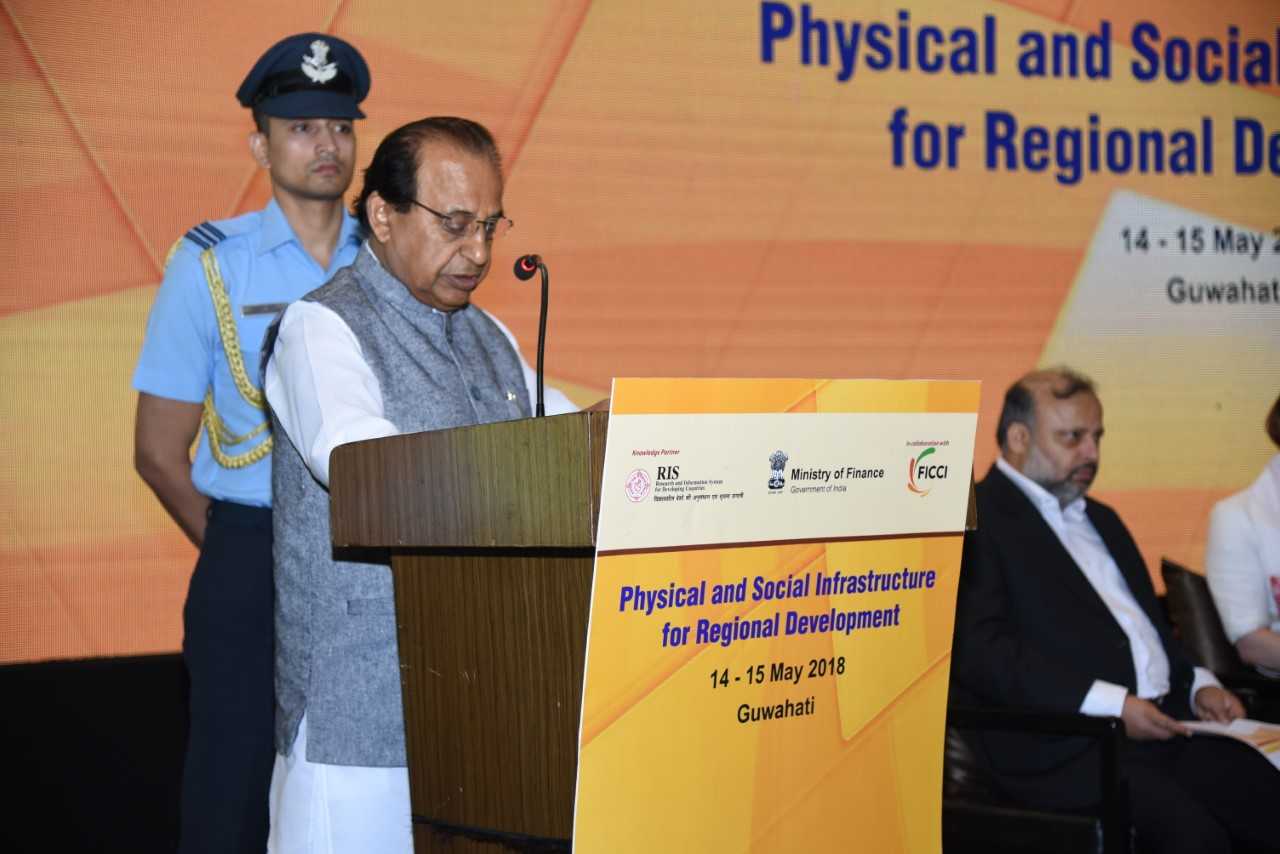
AIIB Lead-up Event in Guwahati: Physical and Social Infrastructure for Regional Development
FICCI report unveils multi-pronged agenda to reinvigorate BIMSTEC
Special Address by Secretary General BIMSTEC & Launch of FICCI Knowledge Report on 'Reinvigorating BIMSTEC: An Industry Vision for the Next Decade'
PM Narendra Modi Set to Strengthen India's Role as a Key Facilitator in Improving Global Trade Ties at CHOGM 2018
Multilateralism in trouble but could still emerge as potent force in world affairs
FICCI and India Foundation to organize first-ever international conclave on BIMSTEC to be held in Guwahati from November 2 to 4, 2017
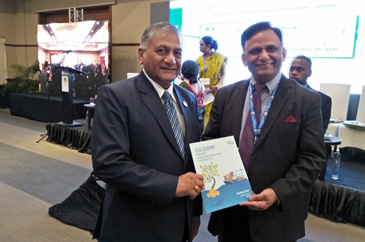
FICCI Sessions on Blue Economy at the India-Pacific Sustainable Development Conference
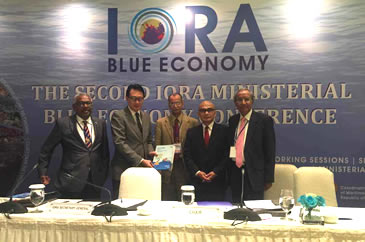
Launch of FICCI Study on Blue Economy at 2nd IORA Blue Economy Ministerial Conference in Indonesia
Consultation Meeting on "Cooperation amongst SMEs from BRICS Countries through E-Commerce Development and Technology Transfer"
FICCI reconstitutes the India - UK Forum of Parliamentarians to cement bilateral ties through a track two mode
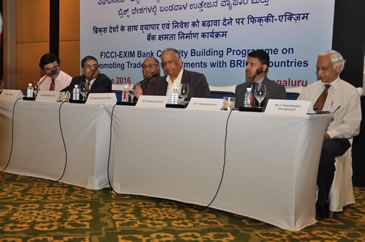
FICCI-EXIM Bank Capacity Building Programme on Promoting Trade and Investments with BRICS Countries
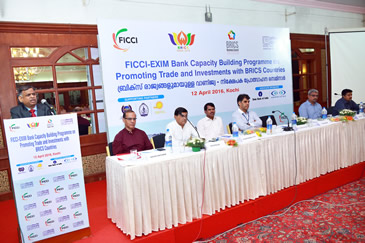
FICCI-EXIM Bank Capacity Building Programme on Promoting Trade and Investments with BRICS countries
FICCI comments on PM Modi's address to the BRICS Business Council at Ufa, Russia
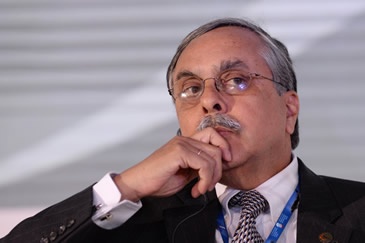
BRICS Business Forum Meeting organised on the sidelines of the St. Petersburg International Economic Forum 2015
FICCI-EXIM Bank Capacity Building Programme on Promoting Trade and Investments with BRICS countries
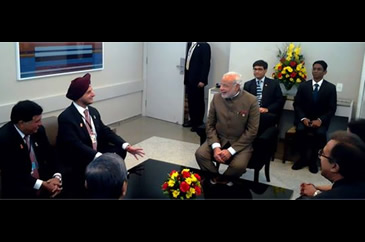
Members of BRICS Business Council meet Shri Narendra Modi, Hon'ble Prime Minister of India in BRICS Summit

BRICS Business Council and Forum Meetings organised on the side-lines of the BRICS Summit 2014
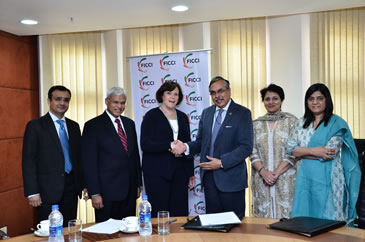
Signing of MoU between Federation of Indian Chambers of Commerce and Industry and Carnegie Endowment for International Peace
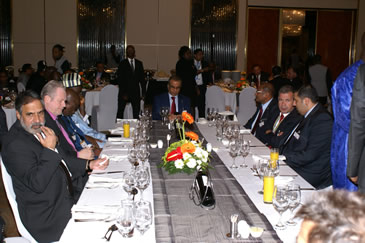
2nd Meeting of India-Africa Business Council Meeting, held on the sidelines of 3rd India-Africa Trade Ministers Meeting
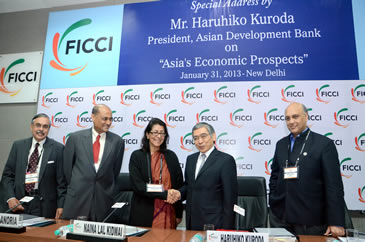
Special Address by Mr. Haruhiko Kuroda, President, Asian Development Bank on 'Asia's Economic Prospects'
The Impact of Political and Social Instability in Egypt on Indian Trade and Investment
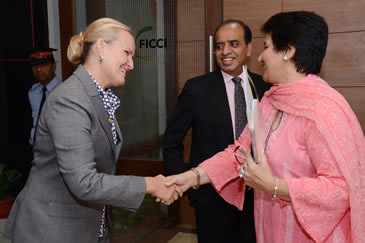
Meeting with Ms. Lise Grande, Resident Representative of UNDP and Resident Coordinator, UN
Roundtable on the Paper - The Evolving Role of Emerging Economies in Global Governance - an Indian Perspective, Authored by Amb. Shyam Saran
FICCI - KAS Dialogue on Europe at Crossroads - Current Political and Economic Challenges
FICCI - Embassy of Mexico Seminar on Constructive G20 agenda for the future: Los Cabos Summit and beyond
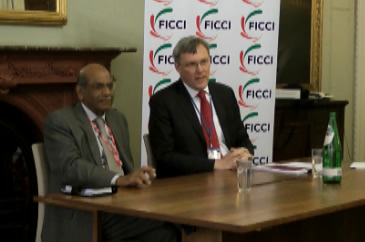
Ambassador Shyam Saran, FICCI Visiting Fellow at the India Institute, King's College London









